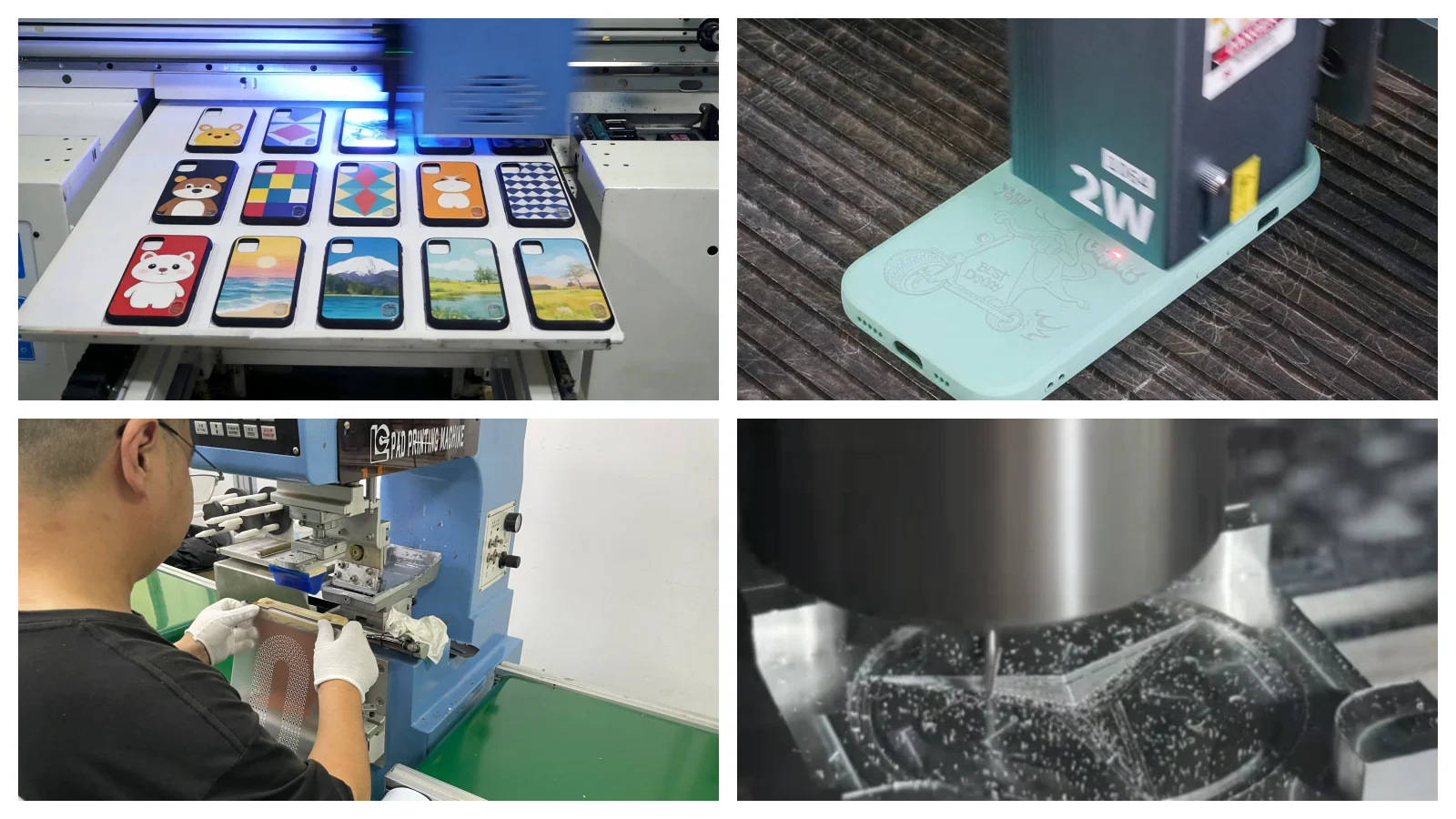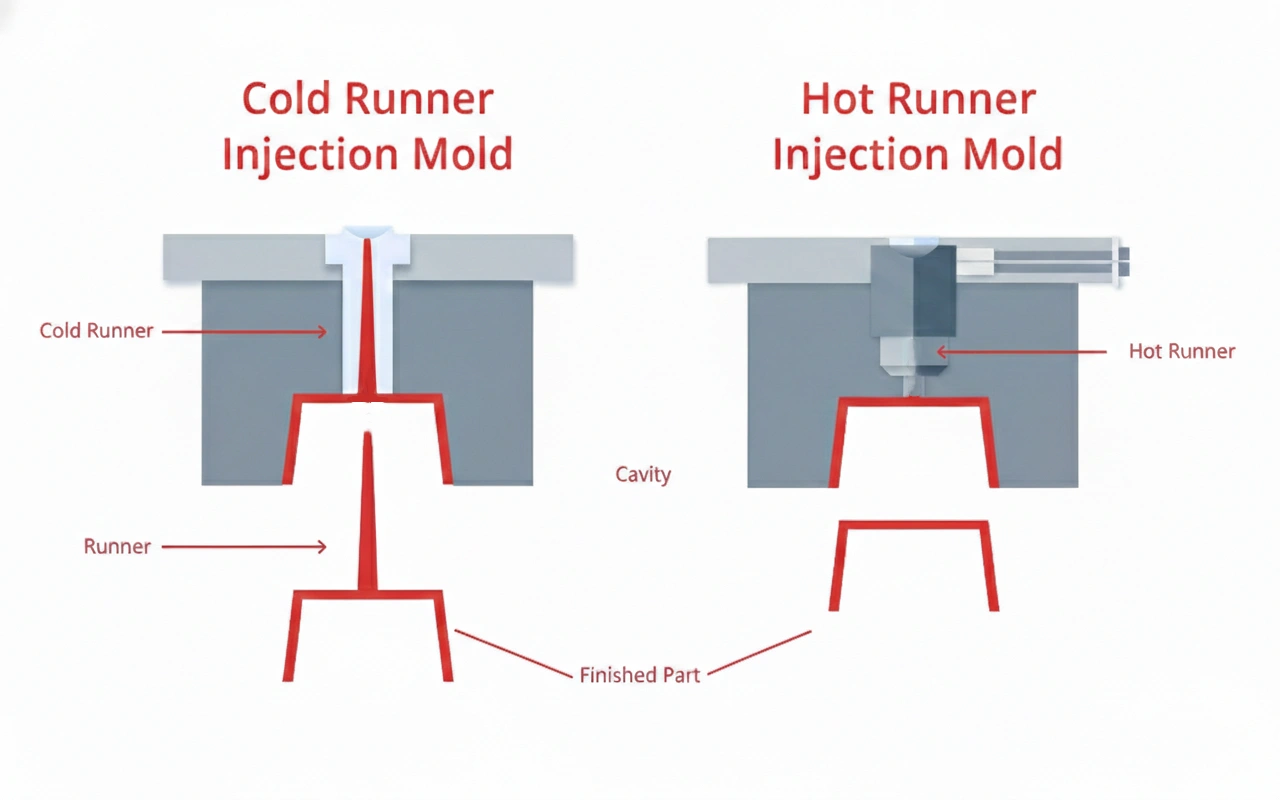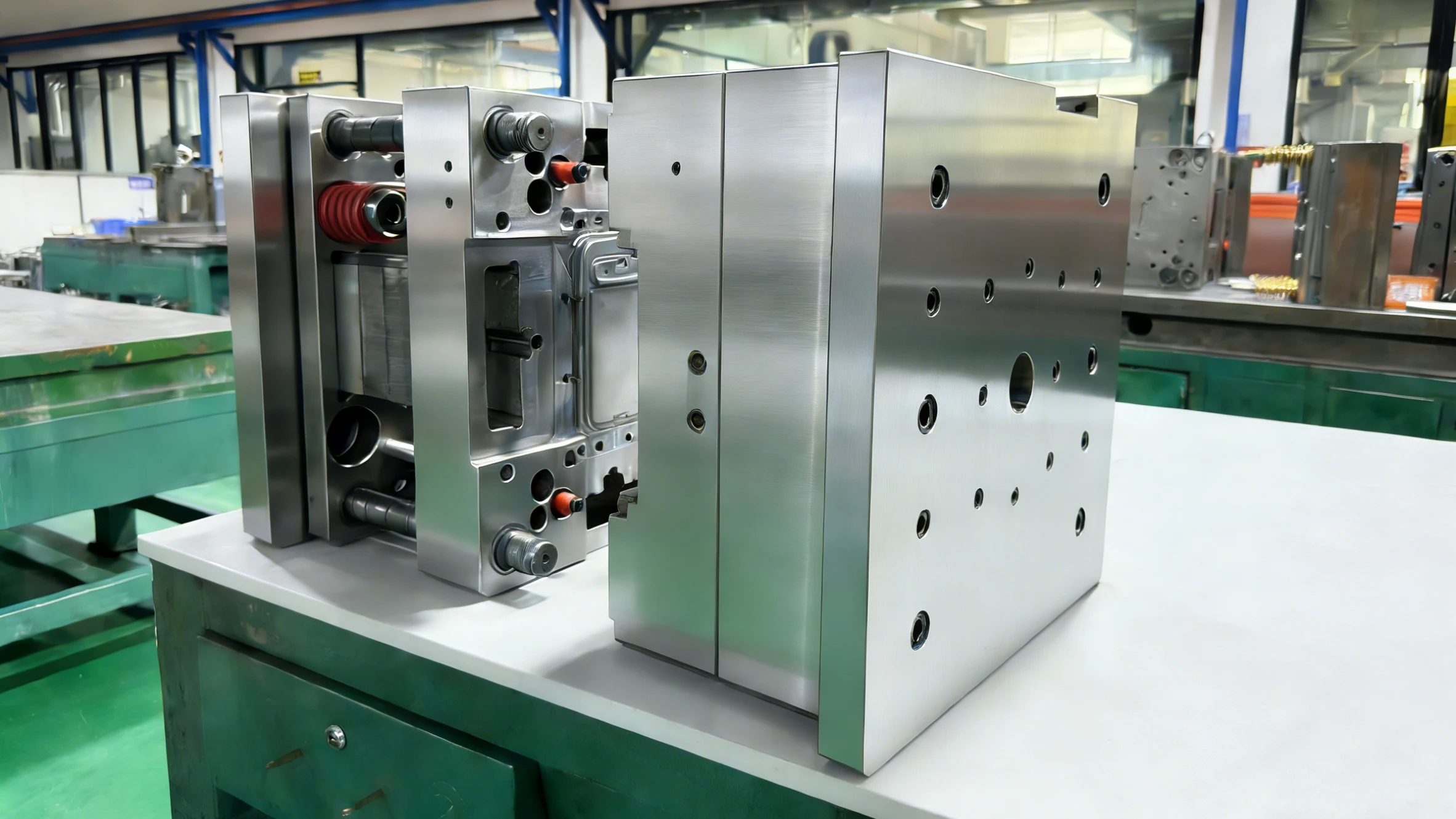Introduction
In the fast-paced consumer electronics market, speed-to-market is critical—especially for premium laptop brands aiming to align product launches with seasonal demand. A leading high-end laptop manufacturer faced a pressing challenge: reducing the development cycle for a new line of ultra-slim protective cases from 18 weeks to under 10 weeks. Partnering with YG, an ODM factory specializing in rapid tooling and end-to-end solutions, the brand achieved this ambitious goal through innovative modular mold design and integrated workflows.
The Challenge: Balancing Speed, Precision, and Scalability
Table of Contents
ToggleComplex Design Requirements:
The cases needed to fit multiple laptop sizes (13-inch to 16-inch) with a uniform aesthetic, demanding millimeter-level precision.
Material specifications included 30% recycled aluminum-reinforced polycarbonate for durability and sustainability compliance.
Time Constraints:
Traditional mold development for each size required 6 weeks, jeopardizing the launch timeline.
Cost Pressures:
Custom molds for each variant risked exceeding the budget by 40%.
YG’s Solution: Modular Mold Design & Integrated ODM Services
As a certified ODM factory, YG implemented a three-phase strategy:
1. Modular Mold Architecture
Interchangeable Inserts: Designed a base mold with swappable cavity inserts to accommodate all laptop sizes. Switching between sizes took <4 hours vs. 2 weeks for traditional retooling.
Unified Cooling Channels: Optimized cooling lines across all inserts to maintain cycle times of 45 seconds, regardless of case size.
2. Concurrent Design and Tooling
Co-Engineering with the Brand: YG’s design team collaborated on CAD files, ensuring manufacturability during the prototyping phase. Critical adjustments (e.g., reinforcing hinge areas) were made digitally, avoiding post-mold revisions.
AI-Driven Simulation: Predicted warpage and sink marks for recycled polycarbonate, reducing trial iterations from 5 to 2.
3. Scalable Production Readiness
Vertical Integration: In-house mold making, injection molding, and assembly eliminated third-party delays.
Automated QC: Vision systems inspected each case for dimensional accuracy (±0.2mm) and surface defects, ensuring 99.8% first-pass yield.
Results: 44% Faster Time-to-Market with Zero Compromises
Development Cycle: Reduced from 18 weeks to 10 weeks, meeting the holiday season launch deadline.
Tooling Costs: Saved 35% through modular molds vs. custom tooling per size.
Production Efficiency: Achieved 1 million units in 12 weeks, with zero defects attributed to mold design.
Sustainability Impact: 30% recycled material usage aligned with the brand’s ESG commitments, earning EPEAT Silver certification.
Why Modular Tooling is a Game-Changer for Laptop Cases
Future-Proofing: The modular system accommodates future laptop designs, reducing NPI (New Product Introduction) costs by 50%.
Consistency: Uniform quality across sizes strengthens brand reliability in premium markets.
Sustainability: Reduced material waste and energy consumption through optimized mold reuse.
Conclusion
For brands navigating tight deadlines and complex product portfolios, modular mold design and ODM factory partnerships offer a strategic advantage. By integrating rapid tooling, co-engineering, and scalable production, YG enabled a seamless transition from prototype to mass production—proving that speed and precision can coexist in high-stakes manufacturing.
Ready to Accelerate Your Next Launch?
Contact YG to explore how modular tooling and ODM expertise can transform your product development.



